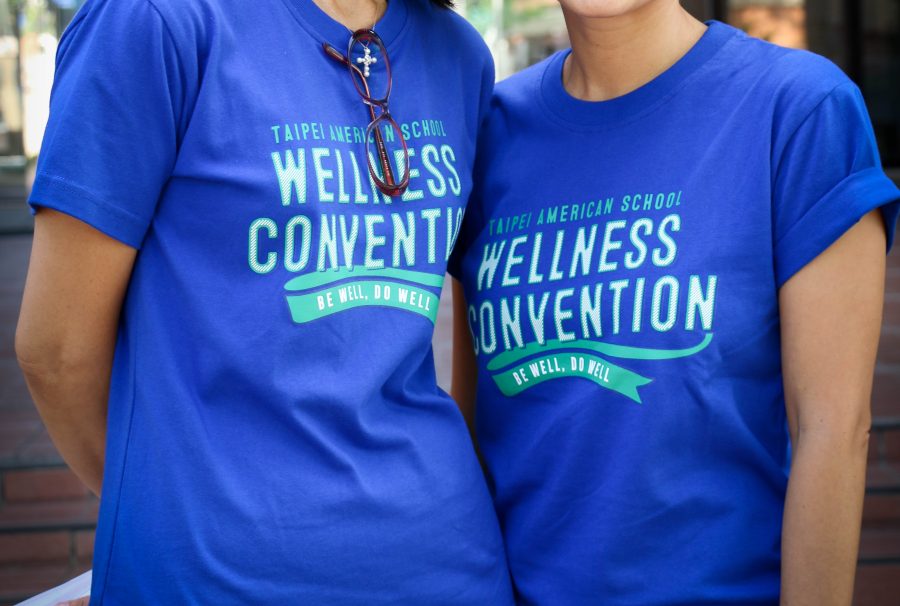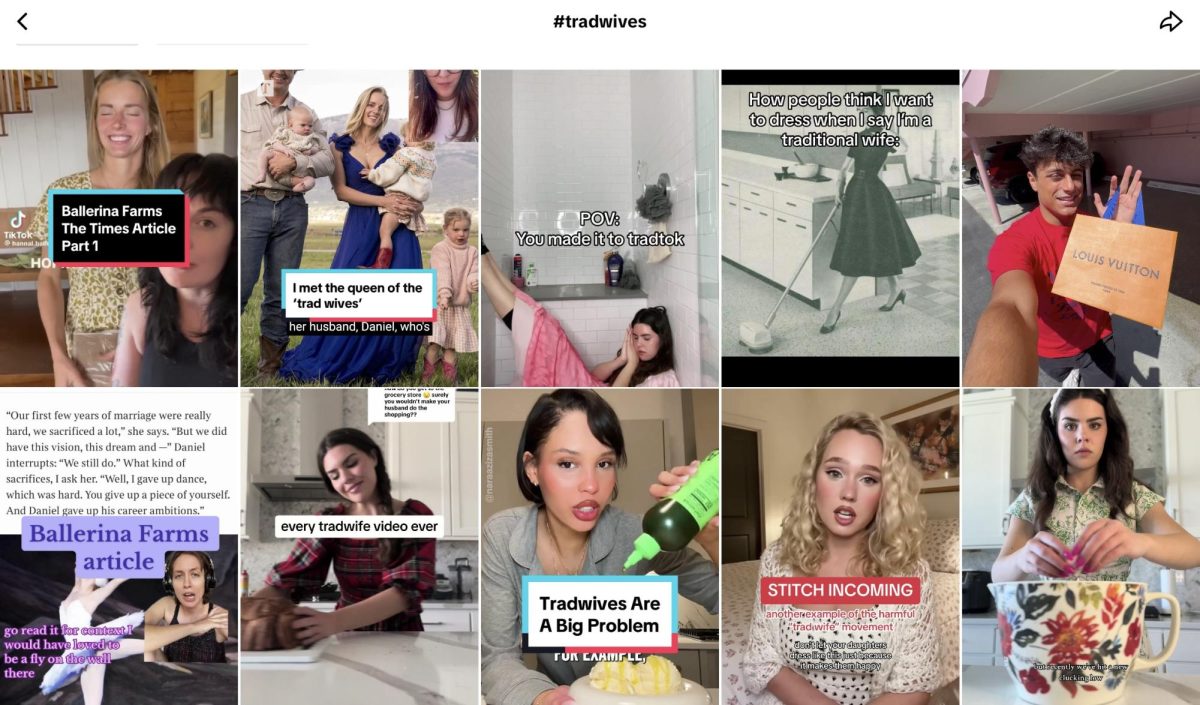This letter was chosen as one of the winners for the Blue & Gold’s first letter-writing contest, and was first published in print on March 23.
by Annabel Uhlman (’18) and Claire Young (’18)
Here’s something most people don’t know about us. We have both been in Taipei American School for over six years, and during this time, we have struggled with how to deal with overwhelming negativity or numbness. Both of us have developed different relationships with depression. We’ve felt like we couldn’t speak up about what we were going through, and have turned to unhealthy coping habits.
We want to share our experiences because we are not the only ones dealing with these issues. There was never an easy time to talk about not feeling okay in school, because it seemed unacceptable to be sad without a reason. The counselors and administration have resources for support and encourage students to seek help. However, the problem is the stigma that surrounds asking for help. When you run out of class to cry in the bathroom or hide the cuts on your wrists, it seems that most students turn their heads and look away. They may want to help, but they do not know how and they are afraid to say the wrong things, so they say nothing at all.
Mental health is an invisible issue at TAS. When Annabel came forward to ask for help, she felt invaded and small. Even though she found help in therapy, a safe space to talk, she felt like she was always hiding something at school. Worst of all, she felt like something was wrong with her, and it seemed like she was the only one struggling.
Claire had similar experiences. She often felt that school was a lonely, cold place where few people were willing to listen. She realized that even willing listeners were more focused on giving advice than understanding her. She thought she had to always be strong, in the same way that she had to always be a straight-A student. Reaching out for help was difficult, especially when she knew that other high-achieving students disapproved of it.
The topics of depression, anxiety, or simply not feeling okay were never discussed at the 2017 Wellness Convention, where attendance was optional. While wellness is part of TAS’s new Strategic Plan, it seems like an afterthought to academic reputation and sports medals. Over a year has passed since TAS announced its intention to focus on wellness, but little has changed. We are still sleep-deprived and coping with stress unhealthily.
We need an education that cultivates not just “intelligent” minds, but healthy ones. This requires a cultural shift to be a more accepting community, but also a better mental health education. We need a school where all-nighters and full schedules aren’t worn like badges of honor. Where health education isn’t simply a Powerpoint on STDs, but also discusses depression, anxiety, self-care habits, and more. Where we learn to be kind to ourselves, recognize the effects of mental illnesses, and identify toxic thought patterns. Where we do not feel the need to hide our scars.
We, as students, also need to be more accepting of struggle and more willing to help. It’s no secret that institutionalized competition is inextricably intertwined with TAS life. We are a school of highly-academic, intelligent adolescents, and it’s time for us to realize that feeling tired, stressed, and burned out every single day should not be the norm. We stretch ourselves thin to get the perfect college application by participating in sports, service clubs, honor societies, and more. We need to realize that it’s okay to not do it all. Our academic careers should not come at the expense of our mental health.
We need to be aware of how we silence those around us, even unintentionally. We often invalidate other’s experiences by labeling them as weak, thinking that they’re fishing for sympathy or that they can’t handle it. We’re complicit in creating this culture of shame, of suppressing our negativity until it becomes overwhelming. Instead, we need to become a community that’s comfortable with accepting and voicing our struggles. It’s time for this invisible issue to become more visible, and for us to become healthier, happier people.


![A collection of college flags. [PHOTO COURTESY OF AMBER HU ('27)]](https://blueandgoldonline.org/wp-content/uploads/2025/05/IMG_5029-1200x577.jpeg)

![An SAT word cloud. [PHOTO COURTESY OF WORDCLOUDS]](https://blueandgoldonline.org/wp-content/uploads/2025/05/SAT.jpeg)
![Collage of banned books, including “The Handmaid’s Tale” by Margaret Atwood. [MINSUN KIM/ THE BLUE & GOLD]](https://blueandgoldonline.org/wp-content/uploads/2025/04/IMG_4274-1200x681.jpeg)

![A collage of dark romance book covers from an online store for dark romance novels. [PHOTO COURTESY OF TRILOGYOFROMANCE.COM.AU]](https://blueandgoldonline.org/wp-content/uploads/2025/04/IMG_4272-1200x600.png)